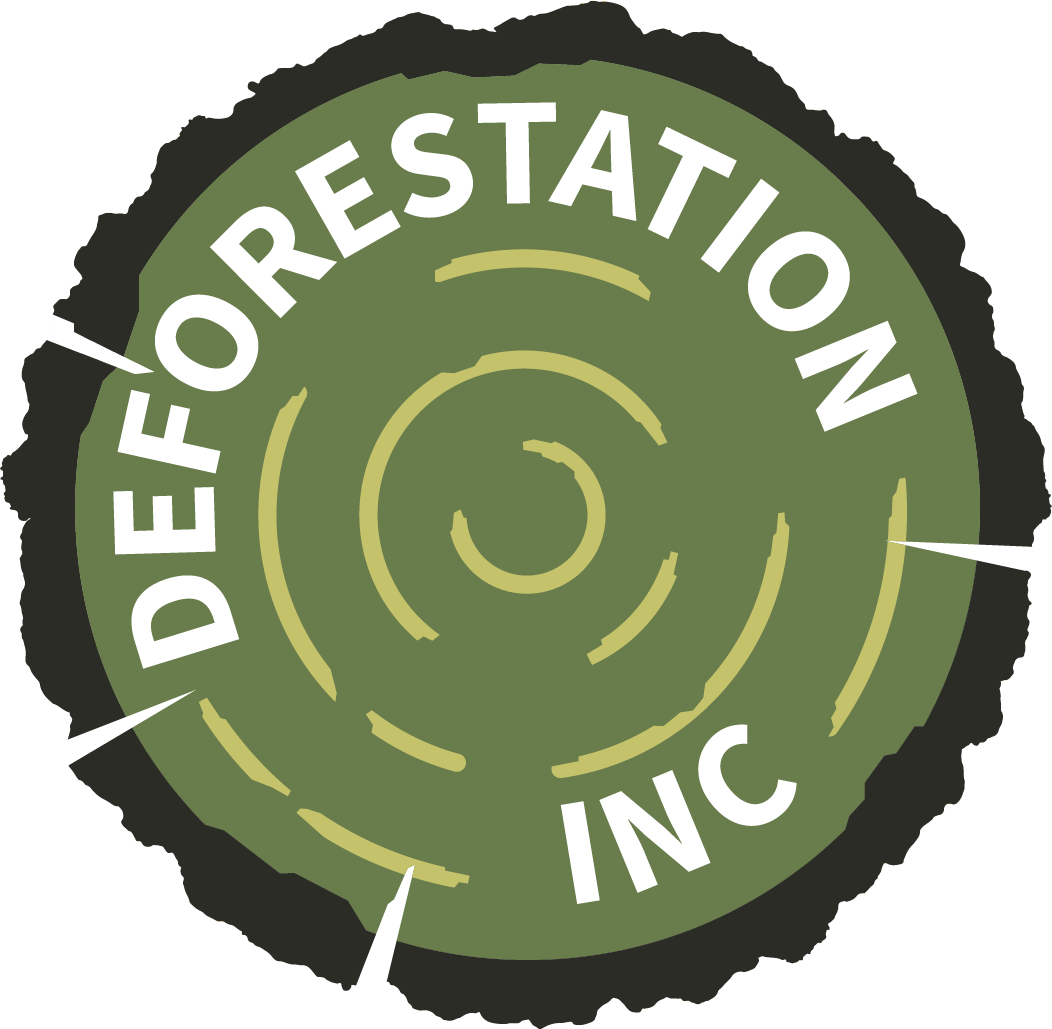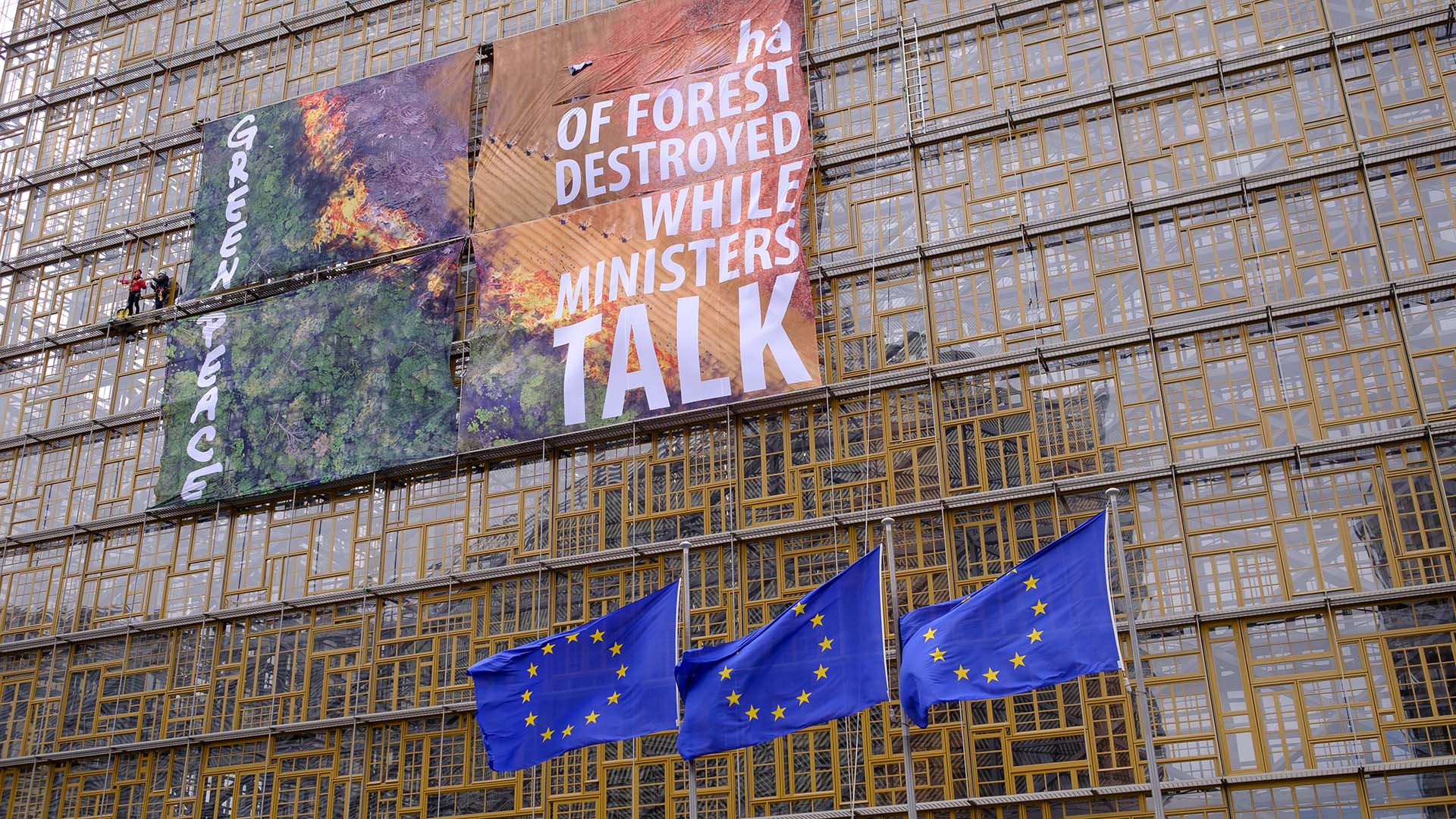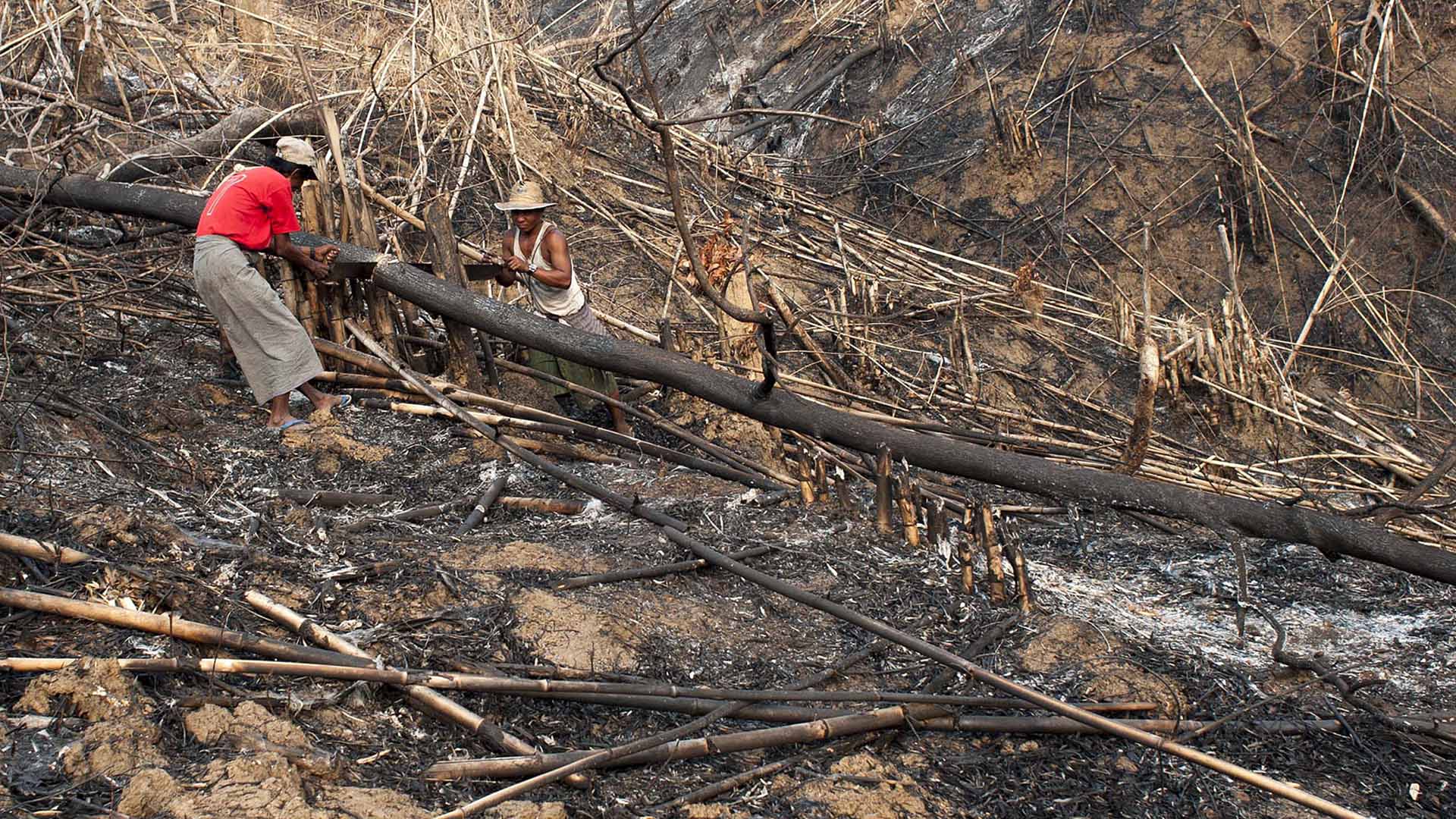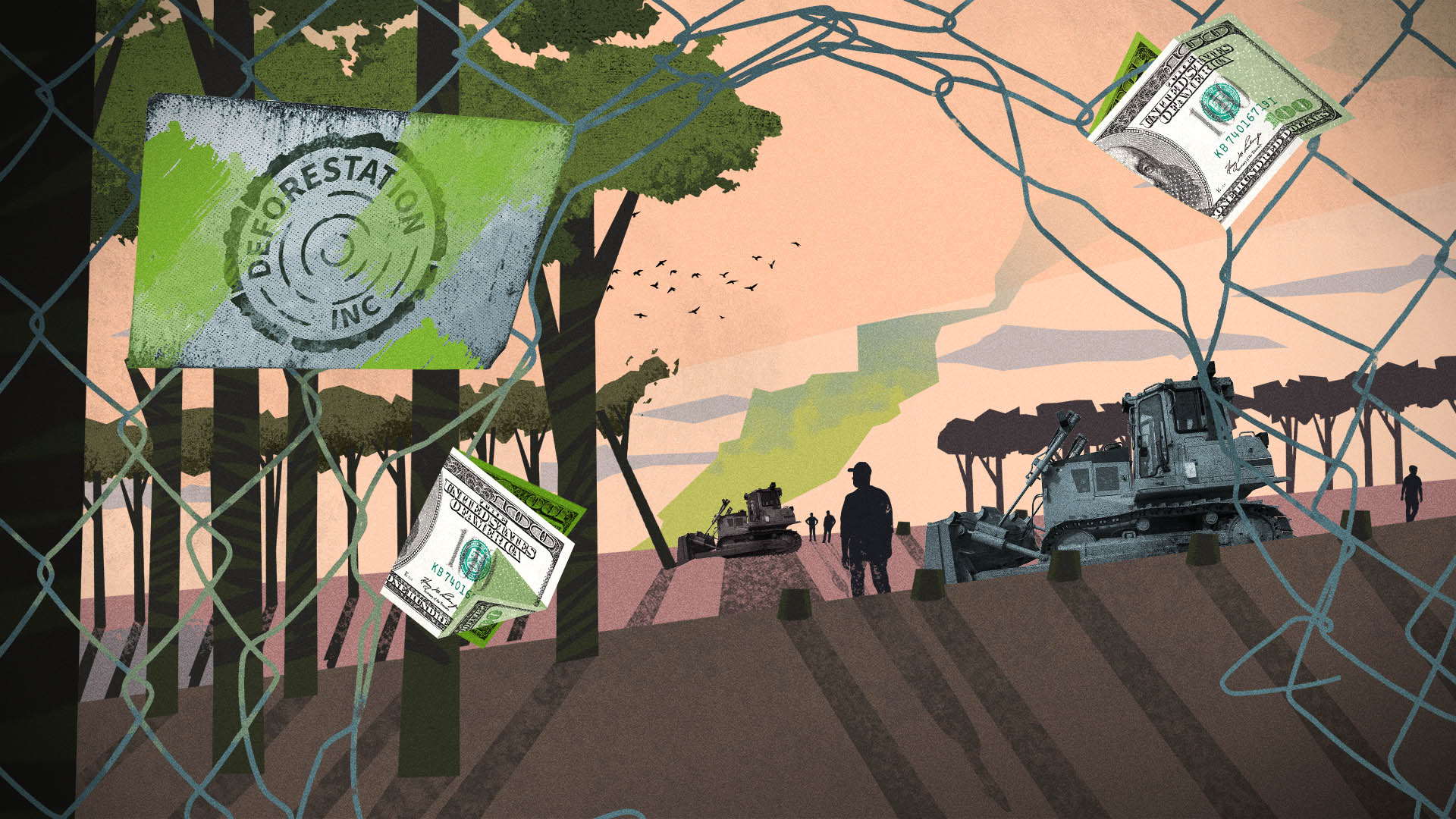EUROPEAN UNION
‘Equivalent to 18 million cars’: Environmental groups warn EU deforestation law delay will fuel the climate crisis
The EU’s executive branch proposed pausing implementation of the new law for one year after critics warned it could hurt farmers’ livelihoods.
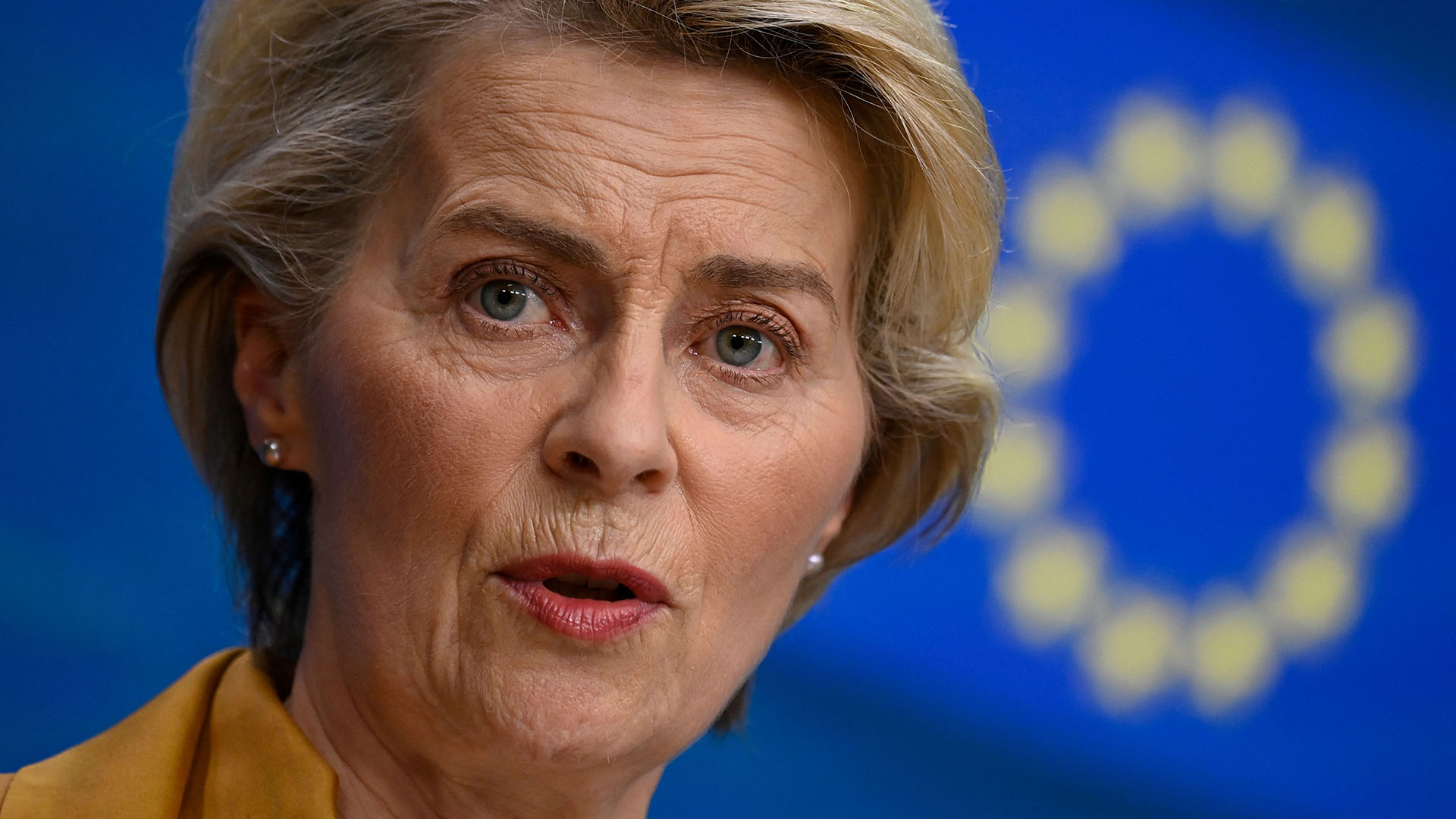
Environmental advocacy organizations have criticized the European Union over an anticipated one-year delay in the rollout of its landmark anti-deforestation law following pushback from governments and lobby groups.
The European Union Deforestation Regulation, which would ban the sale of commodities linked to forest destruction or degradation, was set to apply to large companies from Dec. 30, 2024. However, the European Commission proposed on Wednesday to pause implementation of the law until December 2025 by introducing a 12-month “phasing-in period.” Smaller companies would have until the end of June 2026 to comply.
“[The] Commission recognises that three months ahead of the intended implementation date, several global partners have repeatedly expressed concerns about their state of preparedness, most recently during the United Nations General Assembly week in New York,” the commission said in a press release. “Moreover, the state of preparations amongst stakeholders in Europe is also uneven. While many expect to be ready in time, thanks to intensive preparations, others have expressed concerns.”
European Parliament and member states will decide if the delay is approved, the European Commission said. Several environmental advocacy organizations slammed the proposed delay, with some accusing President Ursula von der Leyen of caving to lobbying pressure.
“Ursula von der Leyen might as well have wielded the chainsaw herself,” Greenpeace EU forest policy director Sébastien Riss said in a statement. “People in Europe don’t want deforestation products on their supermarket shelves but that’s what this delay will give them, for another twelve months.”
When European lawmakers adopted the EUDR in 2023, it was touted as a significant step toward curbing the trade of certain commodities — such as palm oil, cattle, cocoa, coffee, soy and timber — that contribute to deforestation and the climate crisis. But critics of the law, such as Brazil and Indonesia, have warned it could negatively impact multibillion-dollar export industries.
Under the incoming law, companies importing products into the EU must be able to prove they are deforestation-free by monitoring supply chains and reporting information such as the product’s country of origin and geolocation data pinpointing where it was produced. The rules apply equally to European farmers, who will be banned from exporting products that don’t meet strict requirements.
In March, Reuters reported that around 20 of the EU’s 27 member states called for the law to be scaled back or delayed over concerns it could harm the bloc’s agricultural industry. This year alone, farmers across Europe held thousands of protests, in part fueled by anger over EU climate policies that some say are overly bureaucratic. In France, Italy and elsewhere, far-right political movements seized the opportunity to sow further discontent.
For decades, businesses worldwide have promoted their sustainability credentials based on voluntary certification schemes awarding products so-called “green labels”. But a recent study warned many of the schemes were not fully in line with the EUDR and could not be relied upon. In 2023, ICIJ’s Deforestation Inc. investigation revealed that the lightly regulated sustainability industry frequently overlooked deforestation, logging in conflict zones and human rights violations when certifying products.
Sam Lawson, the director of Earthsight, a nonprofit that investigates environmental and social damage caused by global consumption, said that a one-year delay of the EUDR would be “devastating” for the world’s forests and a “slap in the face” for the communities that depend on them to survive.
“The EU’s own studies indicate that some 2,300 sq km of forest will be destroyed,” Lawson said via email. “The consequences for the climate are huge: the resulting emissions are equivalent to those from 18 million cars.”
